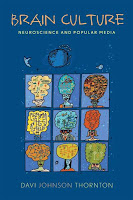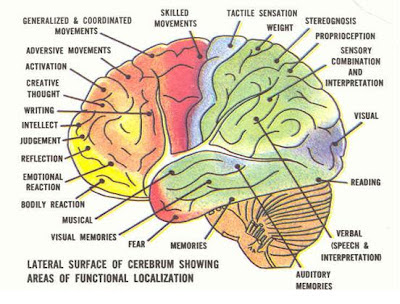Why Do Voles Fall in Love? Interview with Feminist Science Studies Scholar Angela Willey

Dr. Angela Willey In May I attended a great conference, the 4th biennial conference of the Association for Feminist Epistemologies, Methodologies, Metaphysics, and Science Studies (FEMMSS) . At the conference, I heard a wonderful plenary talk by Dr. Angela Willey and her colleagues. Dr. Willey is one of our own - a recent (2010) graduate of Emory’s doctoral program in Women’s, Gender, and Sexuality Studies. In her work, she examines the cultural assumptions underpinning contemporary neuroscience research on monogamy and the social implications of this research. At the conference, I asked Dr. Willey if she would agree to be interviewed about her work for the Neuroethics Blog, and she graciously agreed. Before sharing what she said, I am just going to give you a little background about Dr. Willey and about the neuroscience research on monogamy that she analyzes. About Dr. Willey Dr. Willey has a B.A. from Fordham University and an M.S. in Gender Studies from the London School of Economi...


